Challenging Your Distorted Thoughts After Infidelityਨਮੂਨਾ

Rationalization
Some women don’t succumb to denial, but they fall into a different trap – the trap of rationalization. They make a conscious decision to keep the peace at any price. In spite of their husband’s adulterous behavior, they tell themselves that their passive response is virtuous. “It’s for the sake of the children,” they say. Or, “It’s the only way to keep our family intact.”
If you are caught in a rationalization trap, in your heart of hearts you probably know that your thinking is driven primarily by your emotions. You feel distraught, frozen with fear, and completely at a loss as to how to cope with an out-of-control husband. But rather than admit this to yourself, you rationalize. You come up with a more acceptable and respectable explanation for your lack of initiative.
There’s only one way to get out of this rut. You need to be gut-wrenchingly honest about your emotions and motivations. Learn to replace passivity with a productive, godly strategy for confronting your wayward spouse.
If you don’t know what to do, don’t let embarrassment or pride keep you from asking for help. Remember, this is not your fault. No one is responsible for another person’s unfaithful actions. It’s actually healthy and respectful to draw a caring but firm line in the sand that calls your husband into the process of change.
Next, we’ll look more closely at all-or-nothing thinking.
ਪਵਿੱਤਰ ਸ਼ਾਸਤਰ
About this Plan

After experiencing the shock of your spouse’s infidelity, you may start falling into distorted thinking. But blaming yourself, catastrophizing, and other distorted thoughts are obstacles to healing. This 5-day reading plan will help you recognize and challenge these unhelpful thought patterns. Get resources on marriage, parenting, faith, and more at FocusOnTheFamily.com.
More
Related Plans
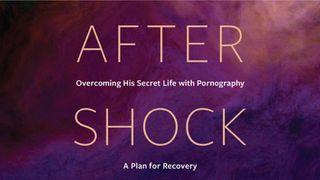
Self Care After Discovering Infidelity in Your Marriage
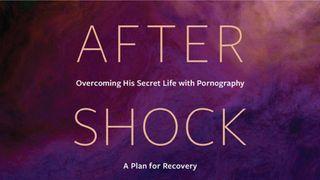
Preparing to Confront Your Spouse After Infidelity
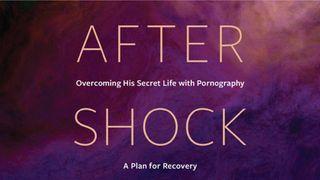
Understanding Porn Addiction
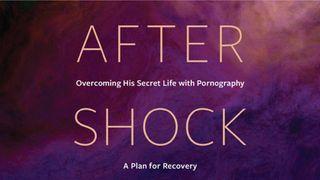
Staying Healthy During Recovery From Infidelity
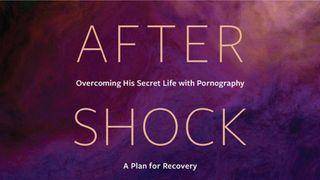
Restoring Sex After Sexual Sin
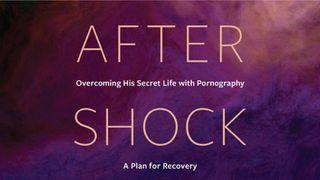
Building Trust After Infidelity

Justice for All

Doing Theology From Below

Elijah. Man of Courage, Man of Faith, Man of God.
